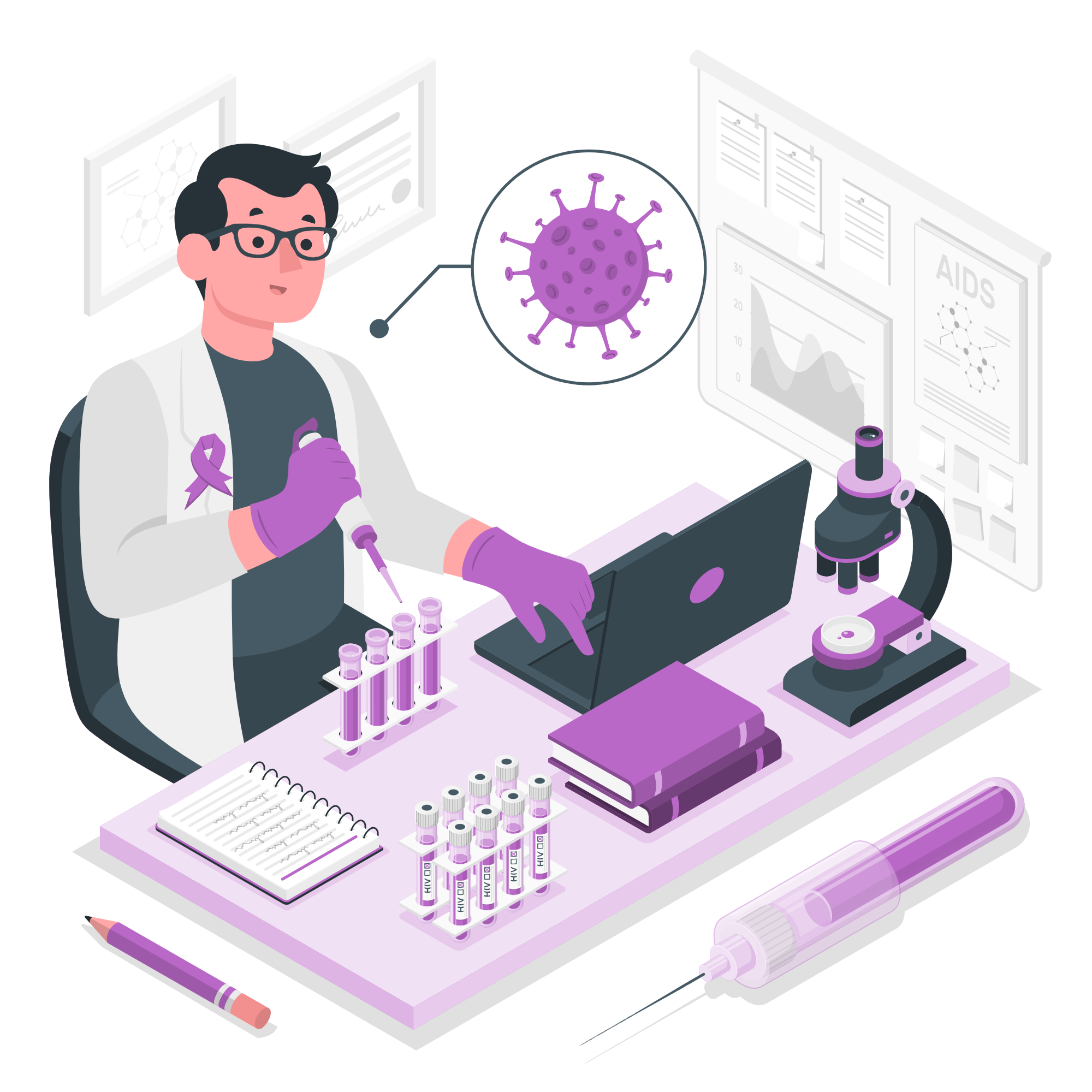Can AI Replace Human Proofreaders? Understanding the Limits of Automation
AI-powered tools like Grammarly and ChatGPT have transformed how we write and edit. They correct grammar, fix spelling, and even improve style. But when it comes to complex academic writing, can they really replace human proofreaders?
Short answer? Not yet.
While AI is helpful for quick fixes, it still falls short in areas like subject-specific terminology, logical flow, and academic tone. These are all crucial in producing high-quality academic work.
Let’s break down where AI struggles—and why skilled human proofreaders remain essential.
1. AI Misses Subject-Specific Nuances
Academic writing demands deep subject knowledge. AI tools rely on patterns, not true understanding.
✔️ Example: In a medical paper, the phrase “dose-dependent response” has a precise meaning. An AI might suggest “dose-related reaction,” which changes the meaning entirely.
💡 Why Humans Are Better:
Human proofreaders know the field. They catch subtle distinctions and ensure the right terminology is used.
2. AI Struggles with Logical Flow
A strong paper follows a clear line of reasoning. Unfortunately, AI tools often fail to:
- Identify inconsistencies in arguments
- Spot awkward transitions
- Recognize contradictions or repetition
✔️ Example:
If a research paper contradicts itself, AI won’t catch it. A human, however, will ask the right questions and suggest revisions.
💡 Why Humans Are Better:
Humans understand context and logic, ensuring your ideas flow smoothly and make sense to your audience.
3. AI Misinterprets Technical Jargon
Academic fields are filled with specialized terms. AI doesn’t always understand how to use them correctly.
✔️ Example: In physics, “spin-orbit coupling” has a specific quantum mechanical meaning. AI might change it to “spin and orbit interaction,” which is incorrect.
💡 Why Humans Are Better:
Field experts can maintain technical accuracy while improving clarity, something AI isn’t equipped to do.
4. AI Can Misjudge Tone and Formality
Academic tone is subtle and varies depending on the discipline. AI often:
- Suggests overly casual wording
- Mixes formal and informal styles
- Misses cultural or contextual sensitivities
✔️ Example:
AI might rewrite “This study suggests a potential correlation” as “This study clearly proves,” which overstates the findings.
💡 Why Humans Are Better:
Humans can maintain a balanced tone—clear, formal, and precise—while avoiding exaggeration or bias.
5. AI Doesn’t Handle Citations or Formatting Well
Citation accuracy and formatting are essential in academic writing. However, AI tools:
- Don’t verify if your sources are current or credible
- Often ignore formatting rules for APA, MLA, or Chicago styles
- Miss citation inconsistencies that could lead to plagiarism
✔️ Example:
An AI might not flag a misformatted in-text citation or missing reference entry.
💡 Why Humans Are Better:
Humans cross-check citations and ensure formatting meets academic standards.
6. AI Can’t Offer Constructive Feedback
AI suggestions are often vague. You might see, “Consider rephrasing this sentence,” without an explanation. AI also won’t:
- Ask critical questions about your argument
- Suggest stronger alternatives
- Guide you toward improving your thesis
✔️ Example:
A human editor might ask, “Does this paragraph really support your hypothesis? You could expand this point for clarity.”
💡 Why Humans Are Better:
Humans provide insightful, personalized feedback that sharpens your writing and strengthens your ideas.
Final Verdict: AI Is a Tool—Not a Replacement
AI tools are great for a first pass. They catch basic errors and can speed up the editing process. However, they lack the depth and critical thinking that human proofreaders provide.
✅ When AI Works Well:
- Spotting grammar and spelling mistakes
- Fixing punctuation and minor style issues
- Offering basic readability tips
🔍 When You Need a Human Expert:
- Ensuring subject accuracy
- Refining tone and flow
- Verifying formatting and citations
- Providing tailored, thoughtful feedback
🚀 Looking for expert proofreading?
Our affordable services help you polish your writing until it’s professional, precise, and ready for publication.
If you need help with scientific proofreading or academic proofreading, PaperEdit is here to support you. For further assistance, feel free to contact us via email at editing@paperedit.com or through WhatsApp at +447458935352 You can also fill out the contact form for additional inquiries.

